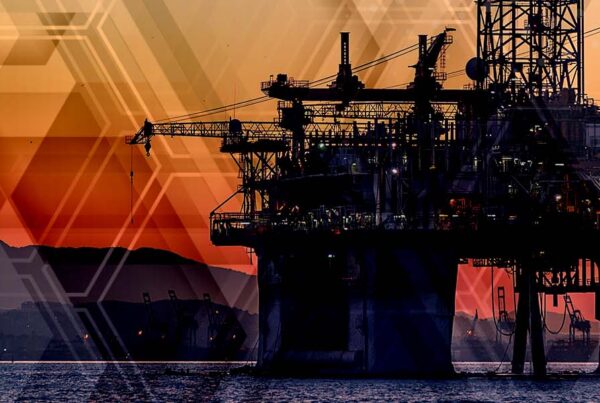 After 10 years of diplomatic negotiation, the UN P5+1 countries (the US, the UK, France, China, Russia and Germany) at last reached an agreement to unwind economic sanctions on Iran in return for significant international control and surveillance over its nuclear activities. The long-awaited deal will revive foreign investment in Iran, as Western IOCs renew pre-sanction projects. Brent dropped $1.15 to $56.70/bbl on the back of the announcement, with markets fearing a worsening of the global supply glut.
After 10 years of diplomatic negotiation, the UN P5+1 countries (the US, the UK, France, China, Russia and Germany) at last reached an agreement to unwind economic sanctions on Iran in return for significant international control and surveillance over its nuclear activities. The long-awaited deal will revive foreign investment in Iran, as Western IOCs renew pre-sanction projects. Brent dropped $1.15 to $56.70/bbl on the back of the announcement, with markets fearing a worsening of the global supply glut.
Iran holds the world’s fourth-largest oil reserves and second-largest gas reserves, whilst being the second largest OPEC producer after Saudi Arabia. In 2014 total Iranian production, heavily driven by gas and condensate production from the giant South Pars field, amounted to 6.7 mboe/d. During the sanction period, however, Iran had limited access to technology from the West and complex LNG export terminal projects stalled. Vast capital inflows will now be required to develop under-invested Iranian fields, however, due to the large reserves base, DW believes appetite to invest in Iran will be strong amongst major operators.
Whilst no sanctions will be lifted before December, DW believes that Iranian liquids production will rise to a 2015 average of 3.5mb/d, based on pre-sanction production levels and available oil currently stored in storage tankers off Iran. Further production gains are expected as additional development phases of South Pars come onstream, while the removal of sanctions will clear supply bottle necks out of the Persian Gulf. IOC investment in the country’s huge potential will further boost production as sanctions are rolled back, though any new projects will see a lag of several years from lease acquisition to production phases.
Global oil prices have been weighed down in recent months by resilient US production, record Saudi output, continued weakness on the demand side, and the Grexit prospect. Whilst commodity prices are unlikely to be aided by an opening of Iranian taps, the true tidal wave of Persian crude could be later rather than sooner.
Marina Ivanova, Douglas-Westwood London
+44 20 8382 3684 or [email protected]



